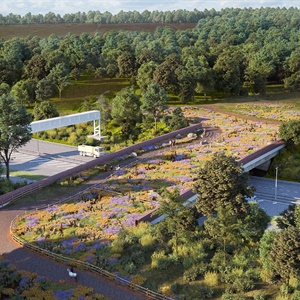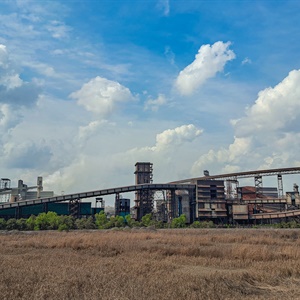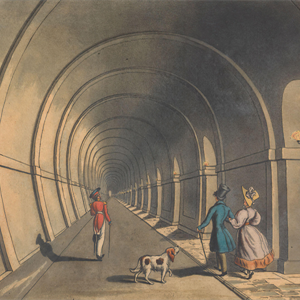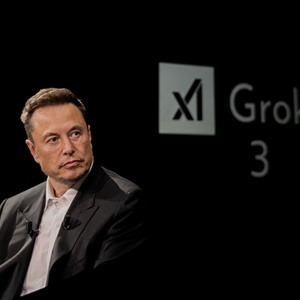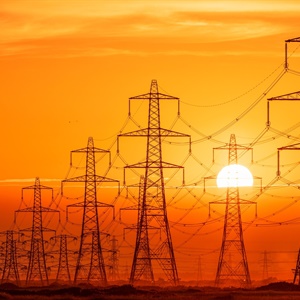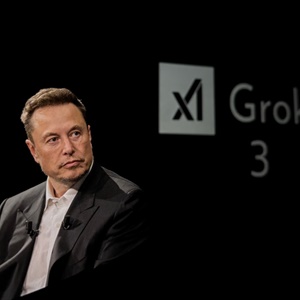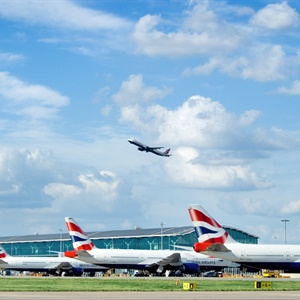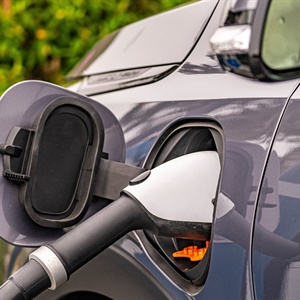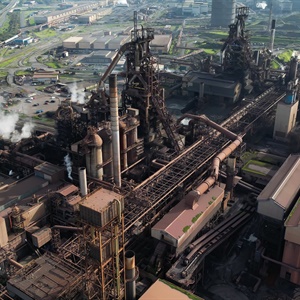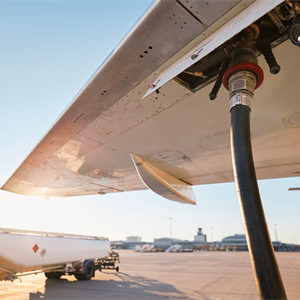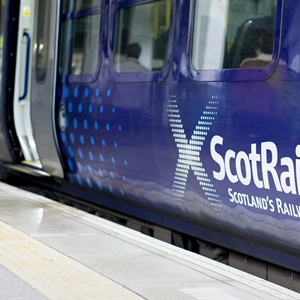Vessel-to-grid technology on River Thames could help balance London’s power grid
UK Power Networks (UKPN) is exploring how floating batteries on board electric vessels could support London’s electricity grid. The Electric Thames project, led by UKPN, aims to reduce the river’s carbon emissions. Partners include LCP Delta, Marine Zero, ev.energy and the Port of London Authority. The aim is to address critical challenges around electricity demand, infrastructure deployment and grid impact for vessel operators using the waterway. One area the project is exploring is vessel-to-grid or boat-to-grid technology. Electric vessels can store surplus renewable energy during periods of low demand and feed it back into the grid during peak times, helping to balance supply and demand.The electric vessels will act as floating batteries, feeding surplus power back into the electricity…

